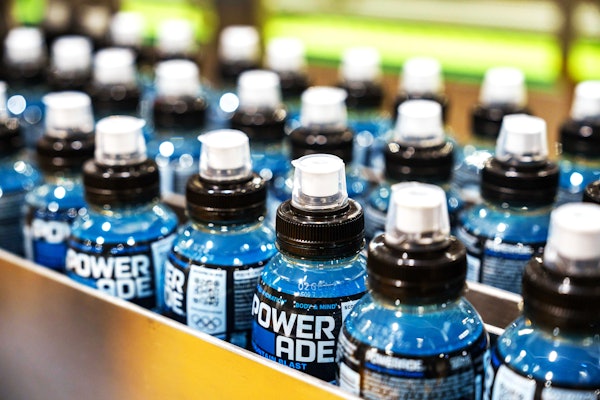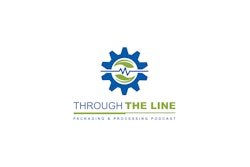recycling experts. The report may have been designed to be more political than factual. It indicates that countries that mandate recycling or "producer responsibility" as Germany does, have achieved far higher recycling rates than countries where recycling is voluntary, like the U.S. It even states that most U.S. consumers are not "aware of waste" as a problem. Both Michele Raymond, editor/publisher of State Recycling Laws Update, and J. Winston Porter, president of the Waste Policy Center, refute this and many other contentions of the DSD report. Even using DSD figures, Raymond points out that the U.S. had higher recycling rates than most European countries that have recycling mandates. In fact, the European country with the highest rate is Finland, a country without a producer responsibility mandate. Also objecting was former Environmental Protection Agency official Porter, who pointed out that DSD's own old figures show the U.S. to be slightly ahead of Germany in percentages of waste recycled, composted or incinerated. The even more telling point, Porter and Raymond agree, is that the U.S. recycles at a tonnage cost about one-third of that in Germany ($100- to $200/ton in the U.S. vs. $500/ton-plus in Germany).
DSD report generates U.S. objections
A recent report published by Duales System Deutschland, the German organization charged with collecting recyclable packaging, has generated strong protests from U.S.
Sep 30, 1995
Machinery Basics
Conveyor setup secrets from top CPG manufacturers
7 proven steps to eliminate downtime and boost packaging line efficiency. Free expert playbook reveals maintenance, sequencing, and handling strategies.
Read More
Annual Outlook Report: Workforce
Hiring remains a major challenge in packaging, with 78% struggling to fill unskilled roles and 84% lacking experienced workers. As automation grows, companies must rethink hiring and training. Download the full report for key insights.
Download Now
Downloads






















